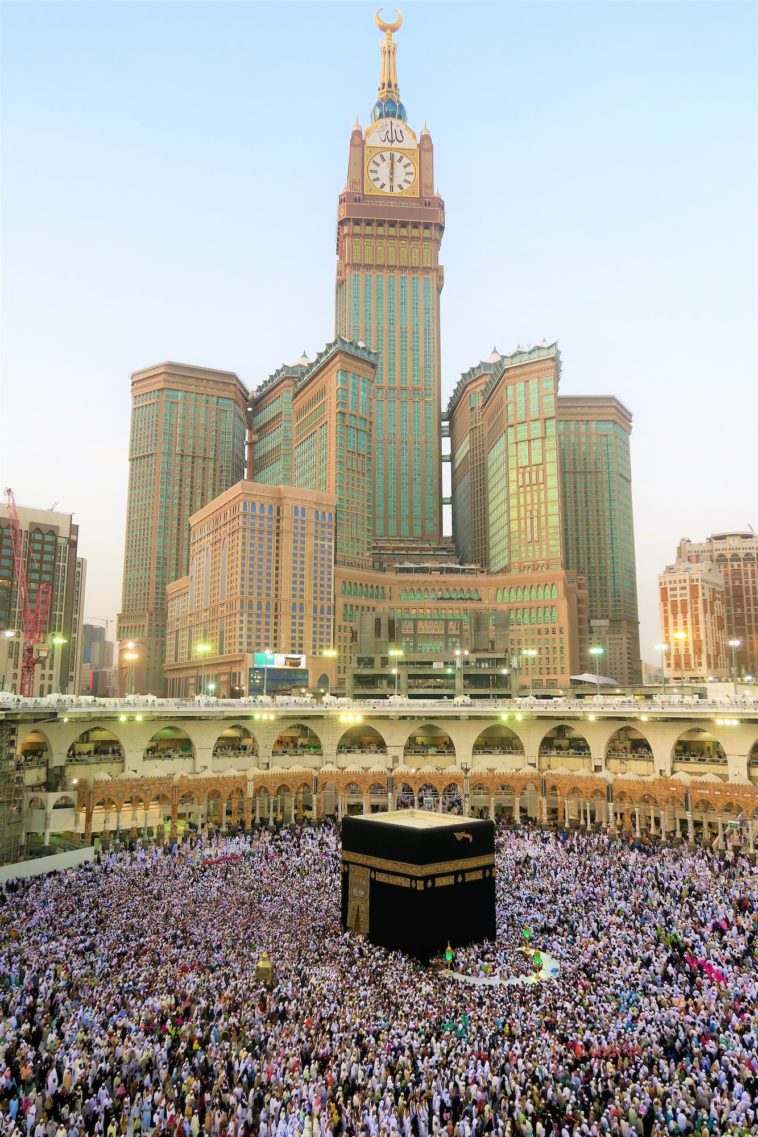Islam, at its core, is a monotheistic faith, placing firm belief in the existence of a singular, supreme deity. This concept isn’t unique to Islam alone; it shares its monotheistic roots with other Abrahamic religions, such as Christianity and Judaism. However, what sets it apart is its primary religious scripture, the Qur’an. For those who follow Islam, the Qur’an isn’t just another religious text; it holds the profound distinction of being the unaltered word of God, or as often referred to in Arabic, “Allah”. It’s believed that this sacred text was relayed directly from God to the Prophet Muhammad through the archangel Gabriel.
The life and teachings of the Prophet Muhammad, who lived in the 7th century CE, are central to Islamic doctrine. His actions, decisions, and sayings – collectively termed the “Hadith” – serve as an important guide for Muslims around the world. The significance of Muhammad in the Islamic faith cannot be overstated. For Muslims, he isn’t just another prophet; he is the “Seal of the Prophets,” the final messenger chosen by God to deliver His divine message to humanity. This is particularly important as it denotes the completion of prophetic revelation with Muhammad.
Muslims, the followers of Islam, have profound respect and love for all the prophets, from Adam to Jesus, acknowledging them as messengers who were chosen by God at different points in history to guide humanity. However, it is Muhammad’s life and teachings that serve as a practical model for them, encompassing not just spiritual rituals but also ways of life, ethics, and social justice.
Central to the Islamic belief system is the concept of Tawhid, the oneness of God. This isn’t just a simple acknowledgment of monotheism, but a deep-rooted understanding that God is singularly unique, unparalleled, and beyond human comprehension. This foundational principle dismisses any notion of polytheism, idolatry, or associating any partners with God. The purity and simplicity of this belief resonate in the core tenet that “There is no god but Allah, and Muhammad is His messenger.”
The purpose of life, according to Islamic teachings, transcends mere existence. For Muslims, life is a journey with a profound purpose – to love, worship, and serve God. This is realized through the Five Pillars of Islam: the testimony of faith (Shahada), ritual prayer (Salat), almsgiving (Zakat), fasting during the month of Ramadan (Sawm), and pilgrimage to Mecca (Hajj). These pillars provide a framework for a Muslim’s life, ensuring they remain connected to their Creator and rooted in their faith.
In addition to the spiritual aspects, Islam provides comprehensive guidelines on every facet of life. Whether it’s interpersonal relationships, economics, governance, or environmental ethics, Islam offers insights and directives to ensure a balanced, just, and harmonious existence in both the spiritual and temporal realms.
To summarize, Islam is not just a religion in the conventional sense of rituals and beliefs but a comprehensive way of life. With its rich history, profound scriptures, and a holistic approach to life, Islam provides its adherents with spiritual, moral, and ethical guidelines, all rooted in the unwavering belief in the oneness of God and the prophetic wisdom of Muhammad.





